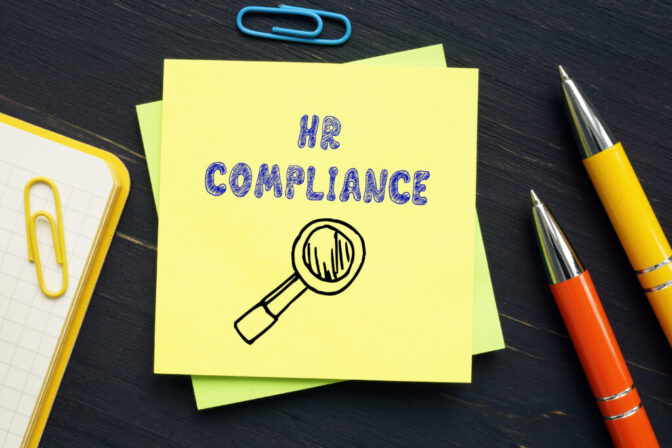- [email protected]
- 671 W Lumsden Rd, Brandon FL 33594
Call Anytime

Effective collaboration between HR and compliance teams is crucial to ensure that business operations are conducted in accordance with applicable laws and regulations. This helps protect the rights of employees, mitigate legal risks, and foster a positive and compliant work environment
Our expert business consultants at WCCOP can help you locate and implement the exact services required to comply with state and local laws as well as Human Resources.
When it comes to Insurance Compliance, many small business owners find the task of staying ahead of the learning curve while handling mountains of paperwork to be a huge waste of valuable time and energy.

Business compliance refers to the practice of adhering to laws, regulations, and industry standards that govern how a business operates. It involves ensuring that the business meets legal and ethical obligations related to areas such as employment, finance, data privacy, health and safety, and more.
Business compliance is important for several reasons. It helps protect the rights and well-being of employees, ensures fair and ethical business practices, mitigates legal risks and potential penalties, builds trust with customers and stakeholders, and maintains a positive reputation for the business.
HR plays a critical role in business compliance, particularly in relation to employment laws and regulations. HR professionals ensure that the business follows laws related to hiring, onboarding, employee documentation, policies and procedures, training, compensation, benefits, employee relations, and more. They help create a compliant work environment and ensure the company's HR practices align with legal requirements.
HR needs to comply with various employment laws, which may include minimum wage laws, overtime regulations, anti-discrimination and harassment laws (such as Title VII in the U.S.), family and medical leave laws (such as the FMLA in the U.S.), equal employment opportunity laws, worker classification (employee vs. independent contractor) regulations, and more.